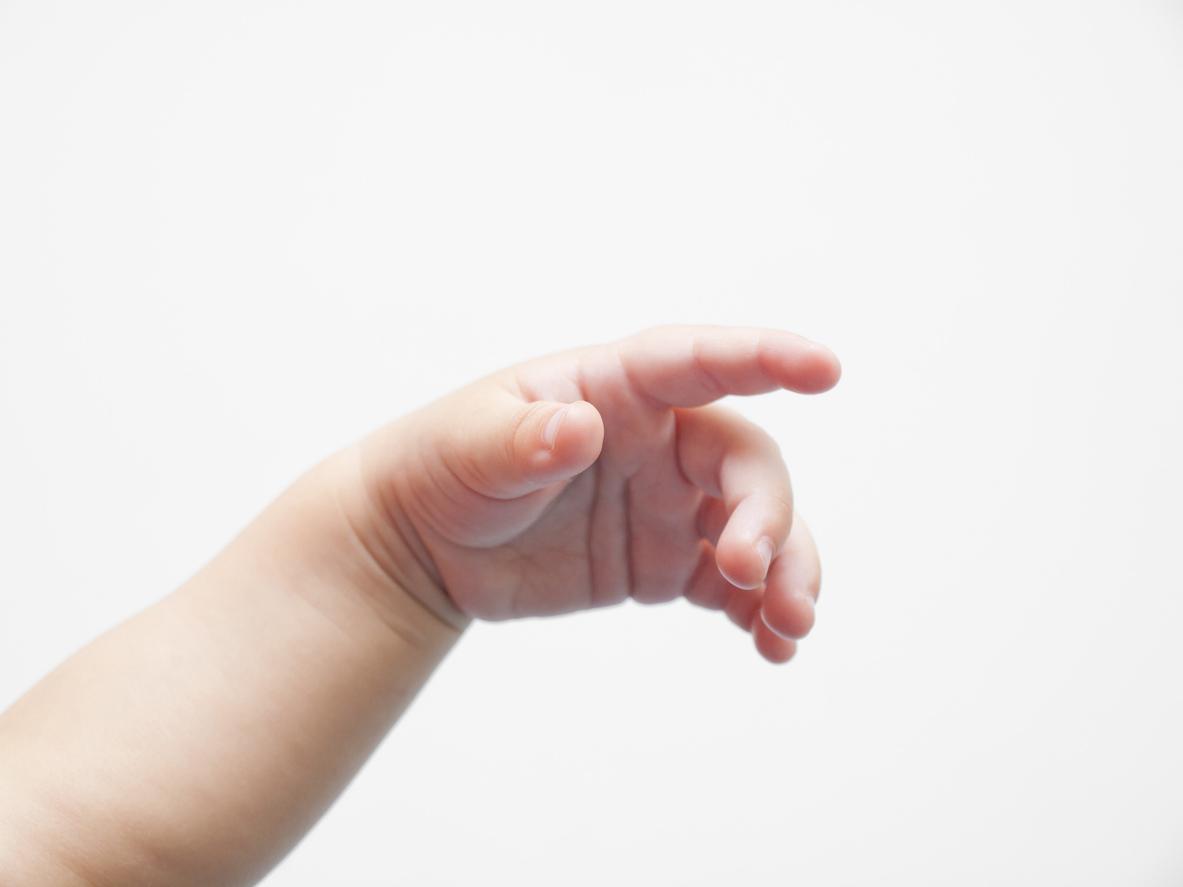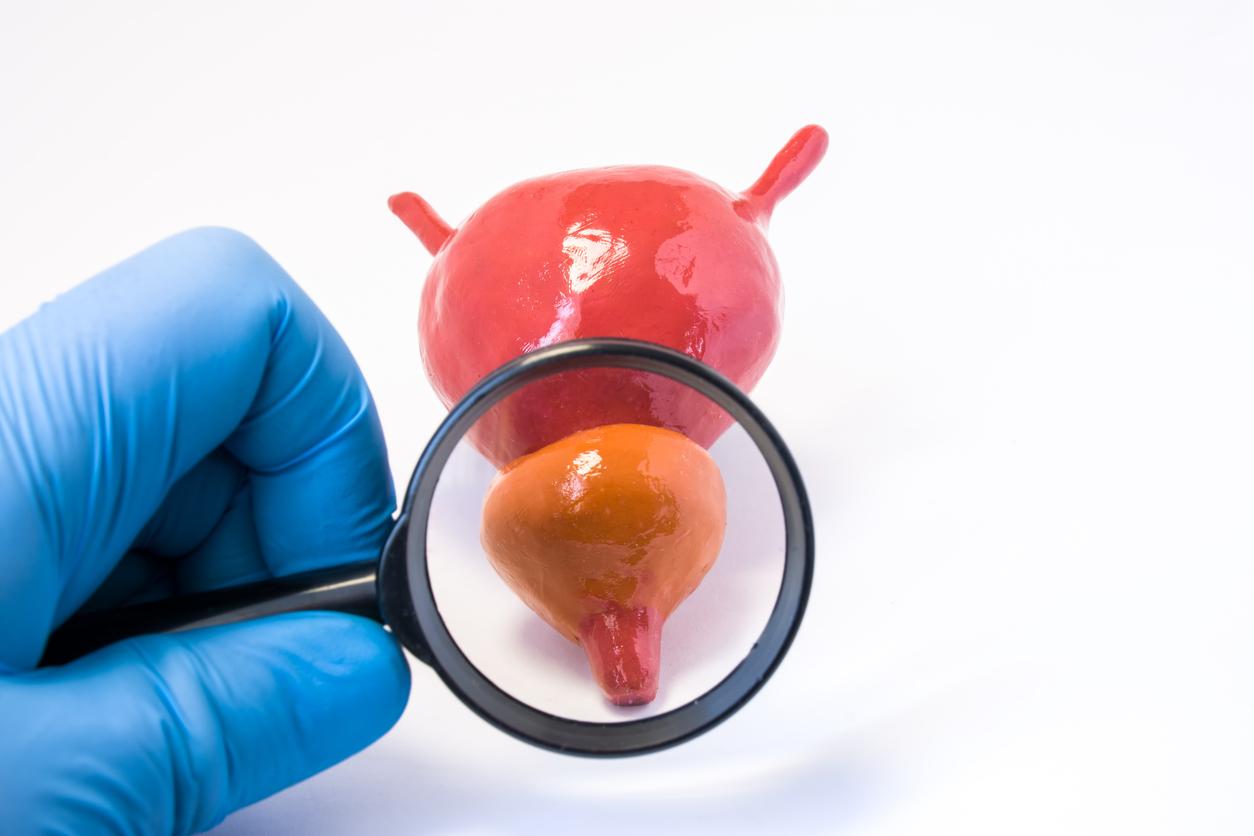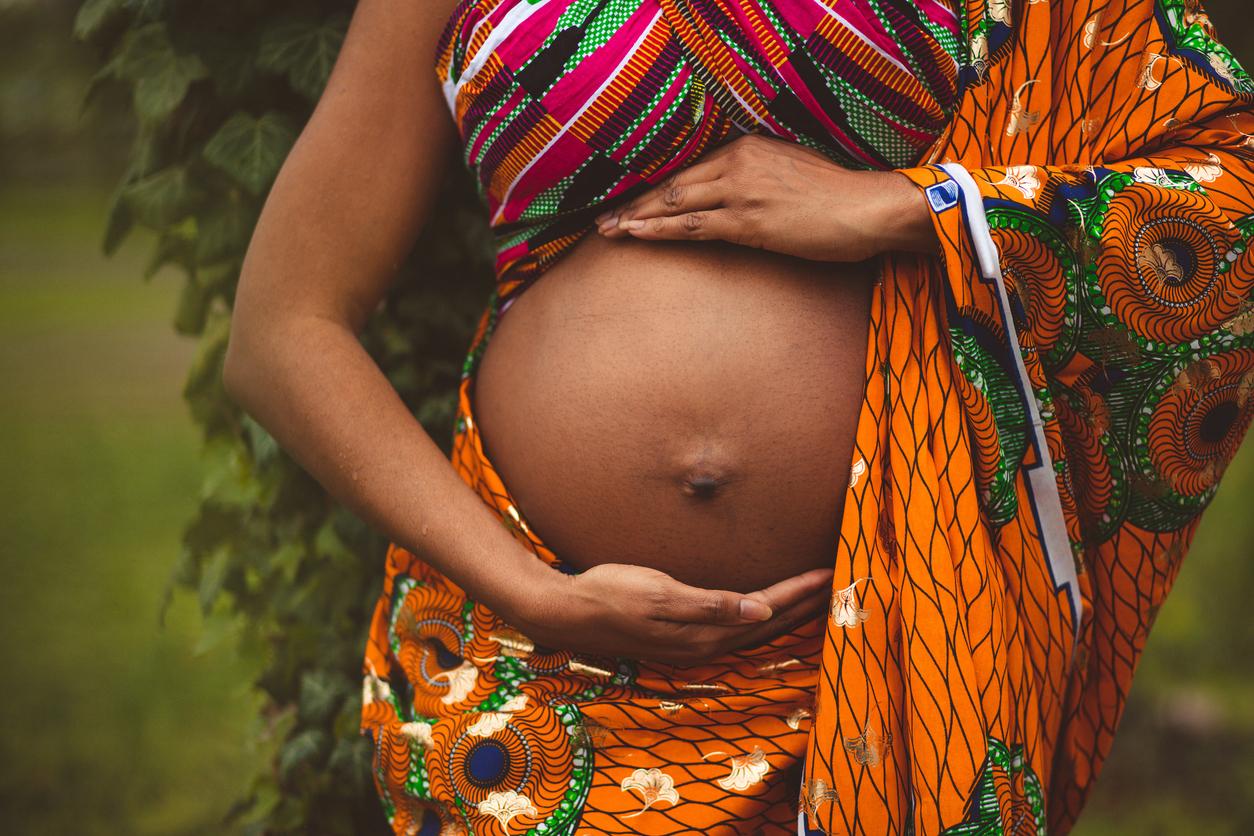
May 1, 2018.
An American study has just demonstrated the link between the attention paid to an infant and the effects on his DNA and his future health.
Infant DNA influenced by parental behavior
We knew that a cuddly baby was a happy child! We now know, thanks to an American study carried out by researchers at the University of San Francisco, that the attitude and the quality of the relation of the parents towards their infant has a concrete influence on its DNA. More precisely, the study explains that these interactions from birth to weaning (around six months) can modify “ the very structure of DNA in brain cells “.
It is therefore the “ distribution and number of genes on the DNA strand Which can change depending on the toddler’s environment. We do not yet know the precise consequences on babies deprived of these attentions but we already know that the hugs and care provided by those around the baby play on future psychological health and stress.
Experiments on baby mice
The researchers also believe that adaptation to the environment, depression and schizophrenia may be linked to these DNA changes in the first months of a child’s life. They also made sure that these changes were not hereditary, and this, in particular thanks to their experiments on several mice and their young. Two groups of mice were studied: the first included very protective and caring mother mice.
In the second group, on the other hand, mother mice were less considerate of their little mice. They also swapped the little ones from one group to another to see the same changes. Results, the most pampered newborn mice have fewer “jumping genes”, that is to say genes which duplicate, copy and paste, several times on a DNA strand: this is the retrotransposition. The DNA of pampered mice remains stable, but that of abandoned babies is changing.
Maylis Choné















